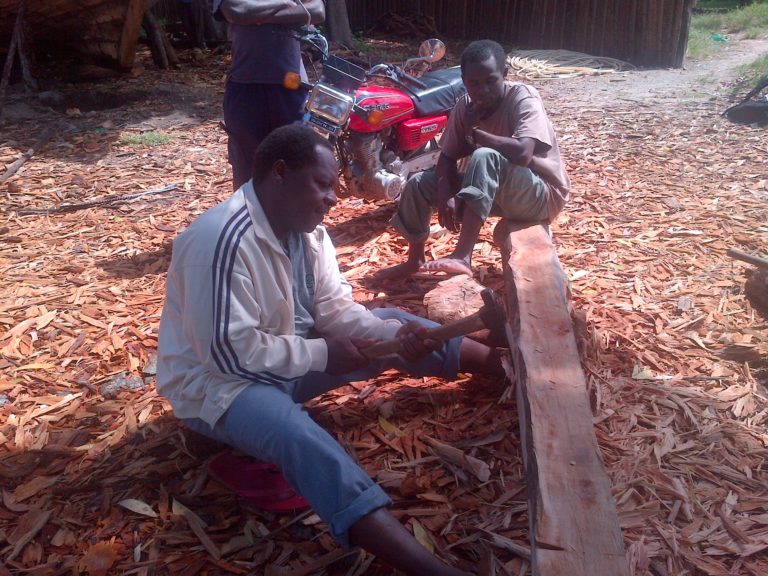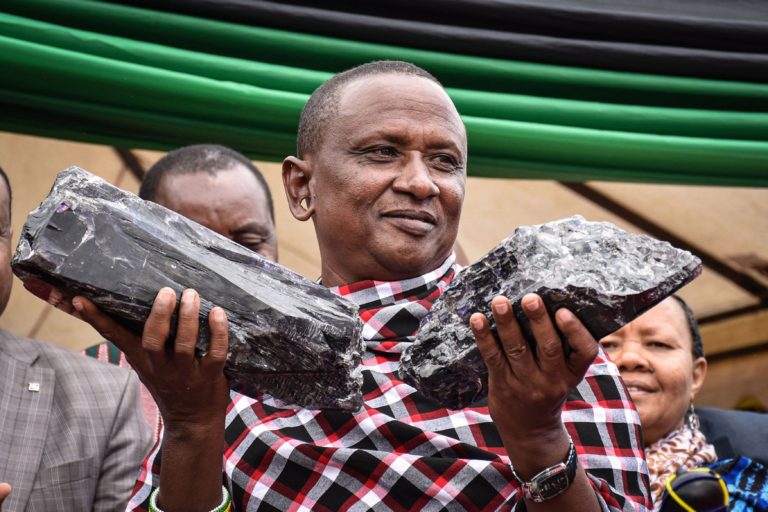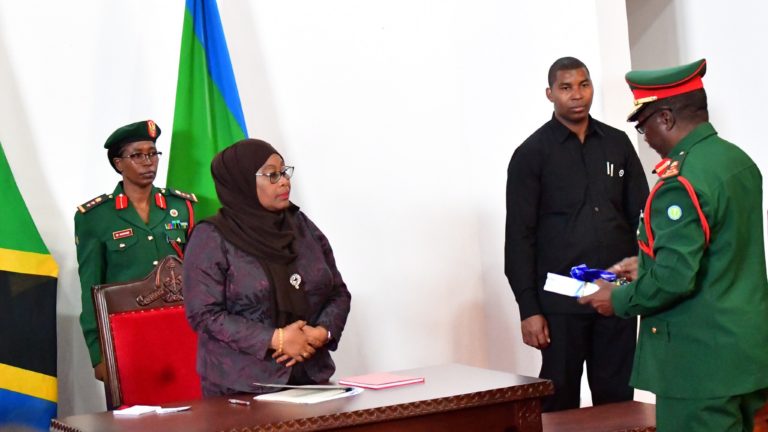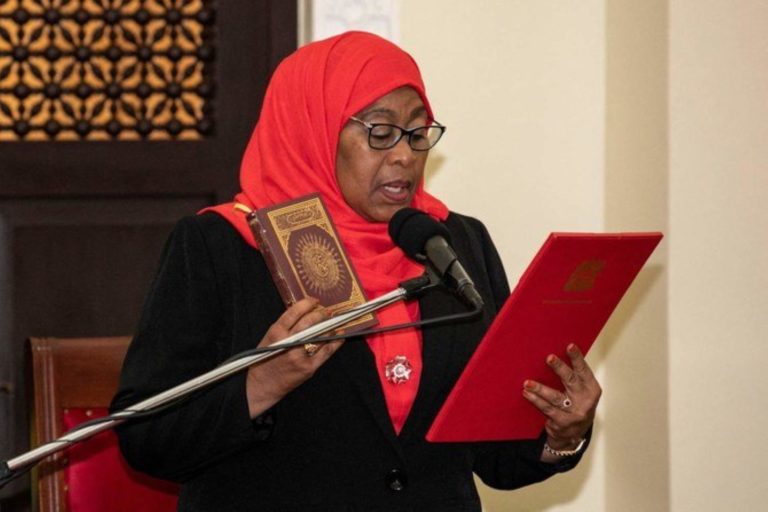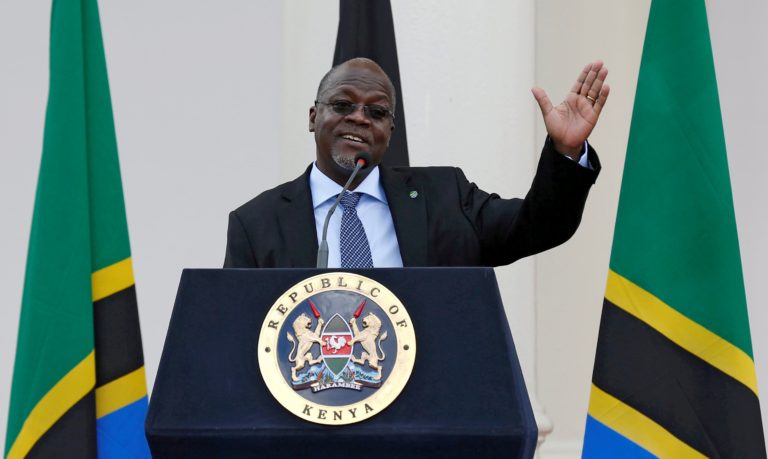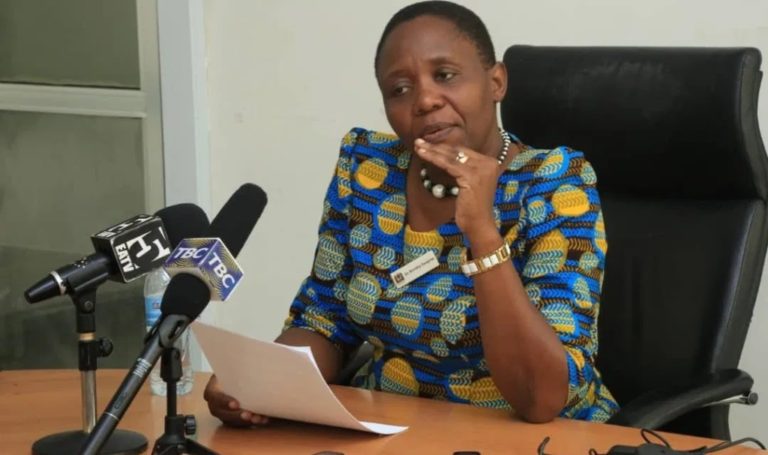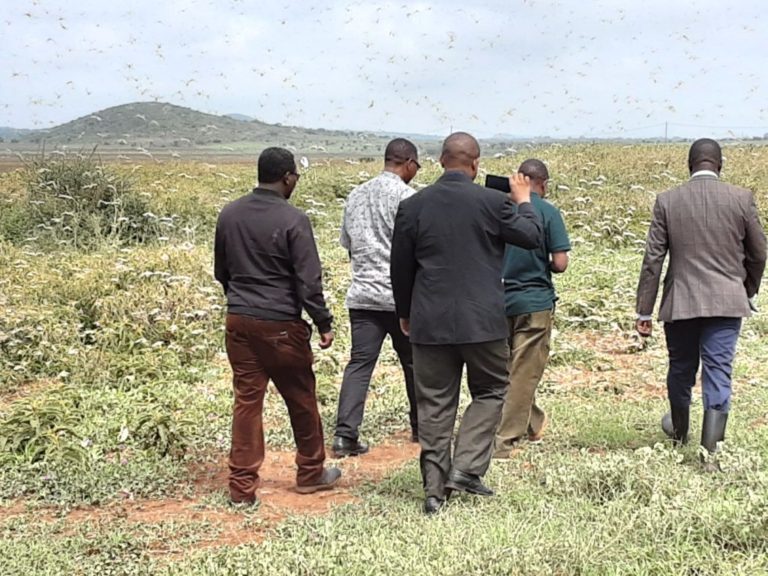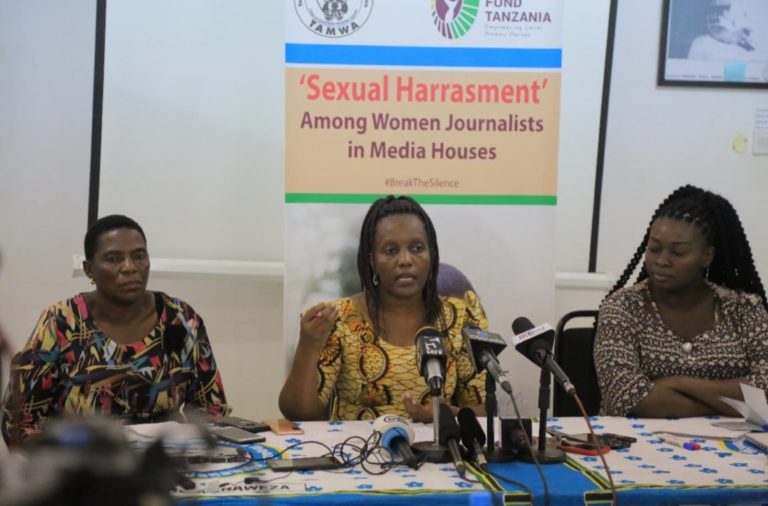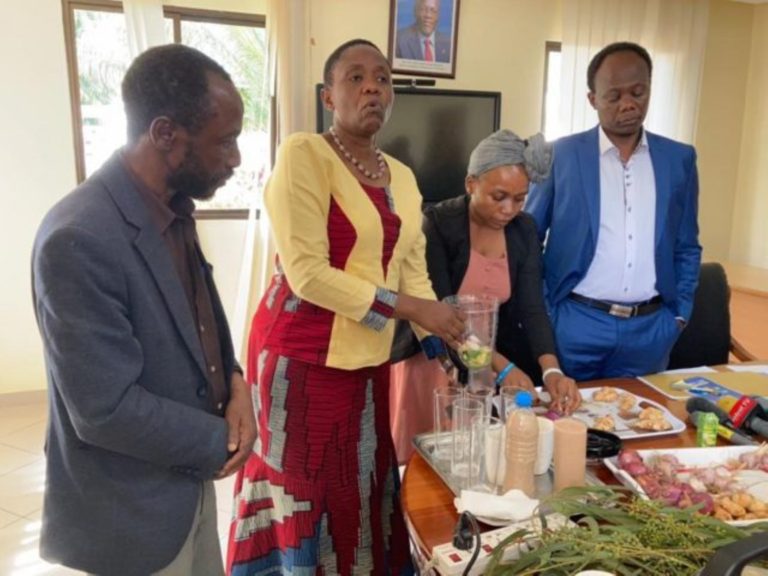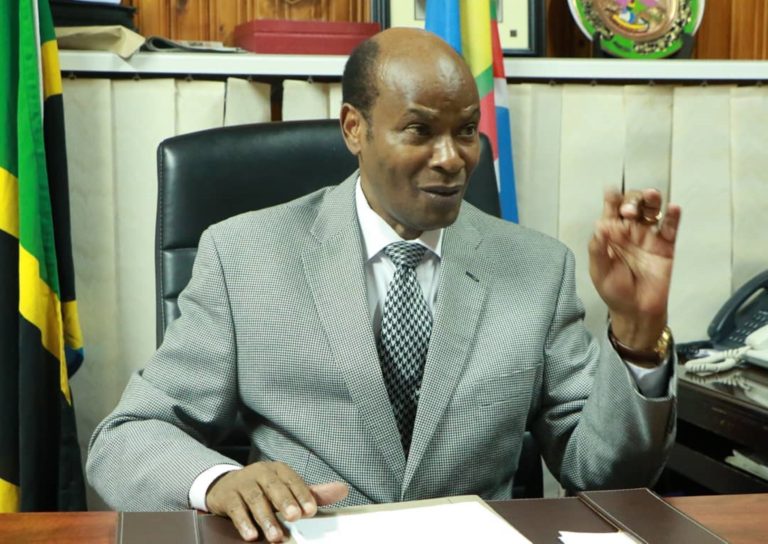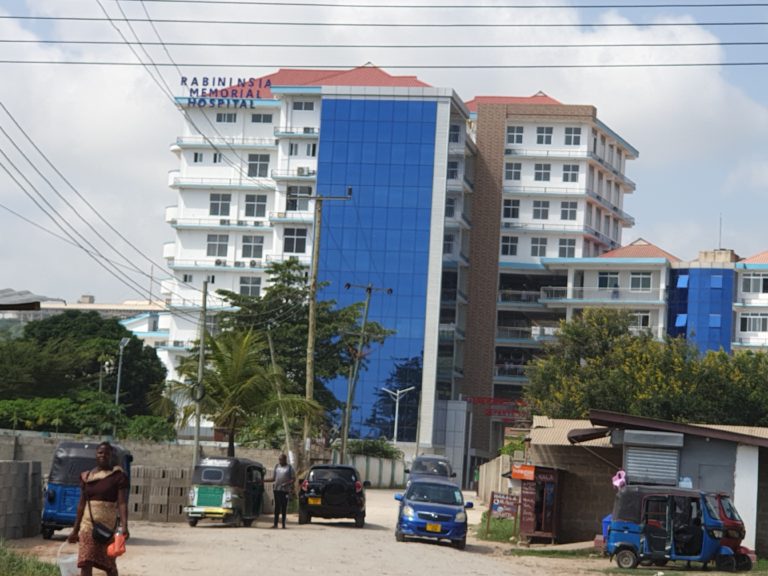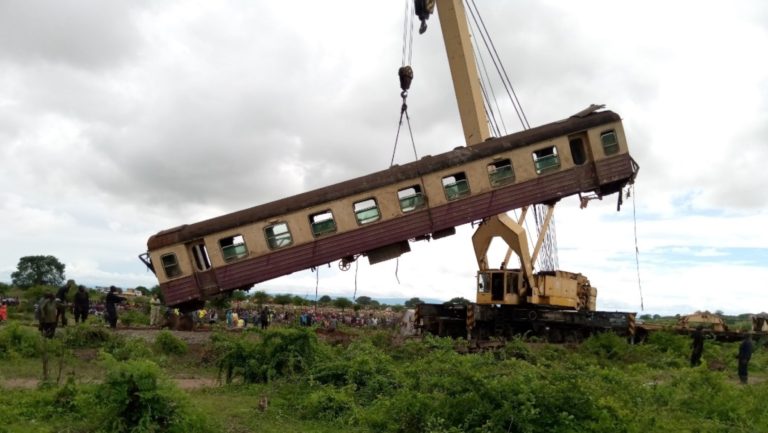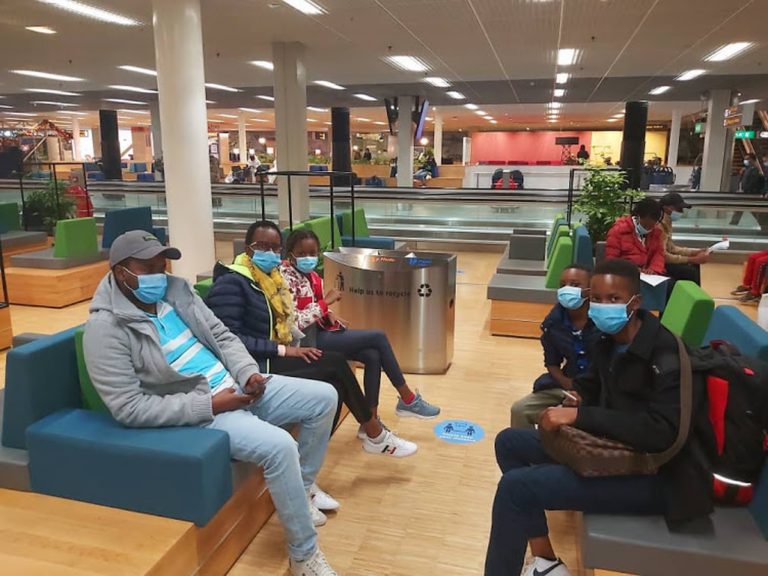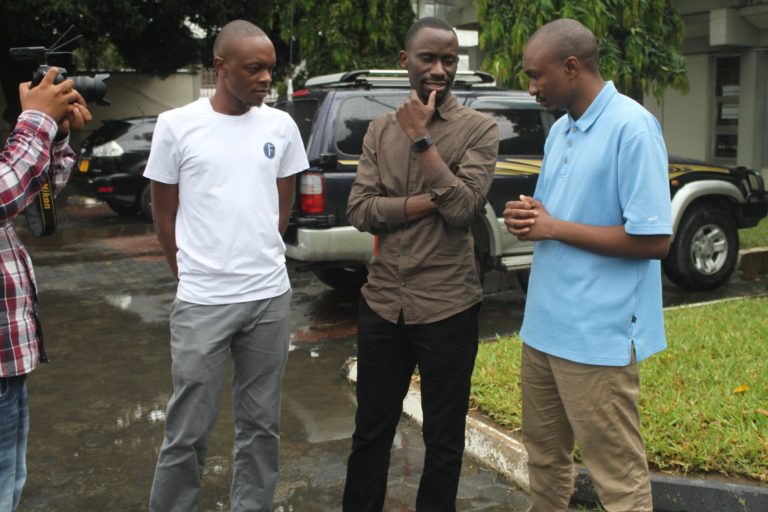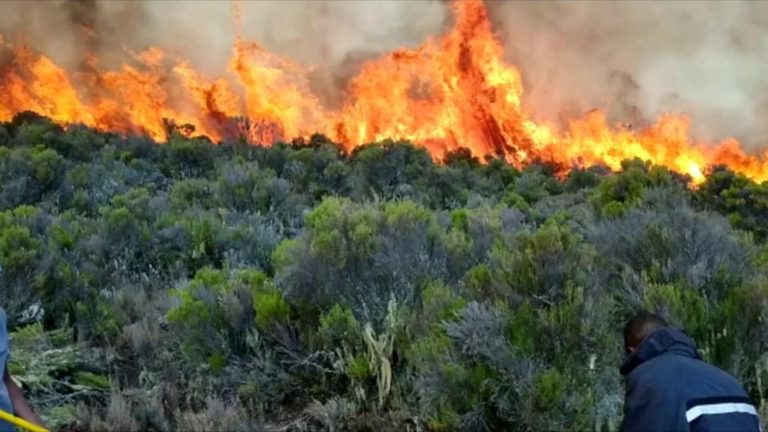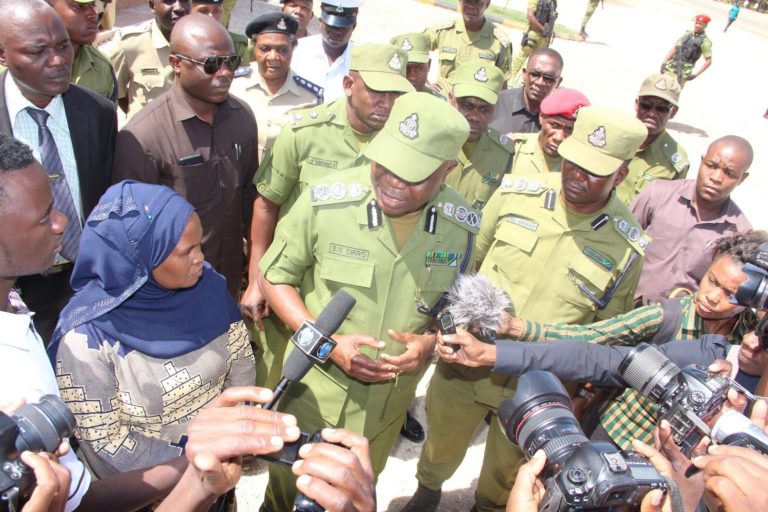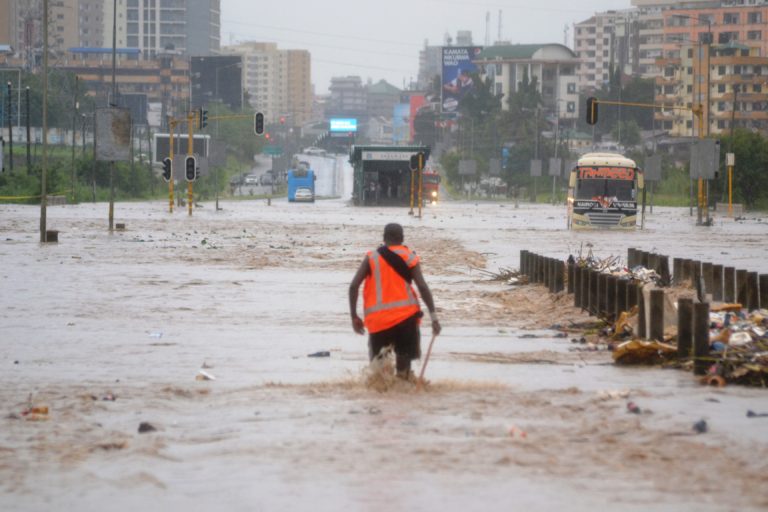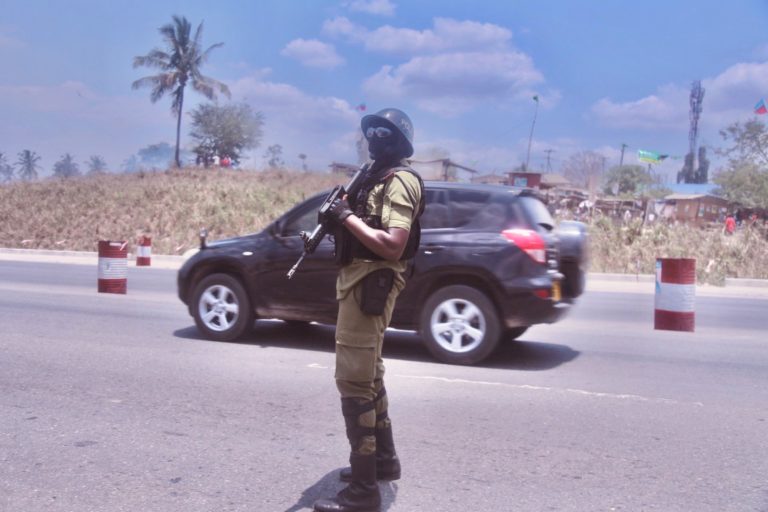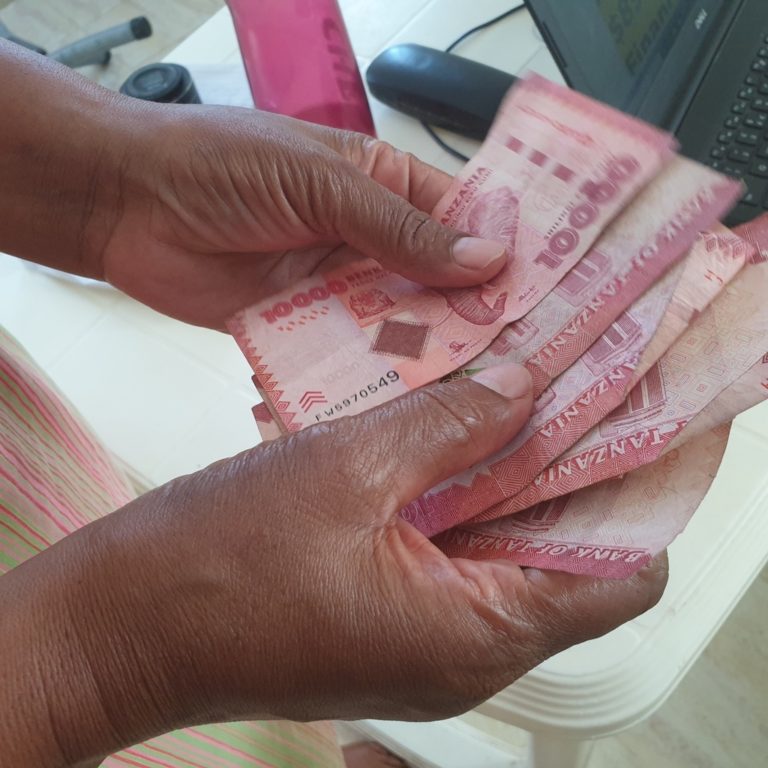Dar es Salaam, Tanzania — China’s insatiable appetite for rosewood tree species is still driving illegal deforestation in Tanzania and elsewhere in Africa, killing forests and sowing civil strife, Ubuntu Times can establish.
A surge in illegal logging is devastating native forests across the east African country, despite efforts by local authorities to prevent the forest losses.
Hundreds of tonnes of endangered Rosewood trees are being cut and smuggled out of Africa each month by timber dealers to feed a lucrative Chinese construction and furniture market, local forest groups said.
Armed Loggers
Armed loggers, usually invade forests at night, targeting, indigenous trees notably rosewood, which is on the verge of extinction due to rising demand, and ferry them in wooden dhows in the Indian Ocean across Mafia island ready to be exported.
Rosewood known locally as Mpodo is a target for a bustling illegal logging trade in east and western Africa due to a lucrative market in China and elsewhere in Asia.
With China’s local rosewood rapidly waning, illegal loggers and traders have increasingly looked towards forests in Tanzania and elsewhere in Africa to feed the $15 billion rosewood furniture market.

Charles Meshack, Executive Director of Forests Conservation Group—a national NGO dedicated to conserving the country’s high biodiversity forests said China’s rising demand for wood is endangering these forests and strain the lives of local Tanzanian communities dependent on the wood for a livelihood.
“We are quite certain illegal harvesting of rare forest species including rosewood persists, and urge the government to take stern measures to stop this trend,” said Meshack.
Lack Of Enforcement Fuels Illegal Harvesting
Although the east African country has an export ban on certain tree species including rosewood in place observers said lax enforcement has allowed illegal harvesting and export to continue unabated.
Across Africa, transnational syndicates are flouting local bans to exploit the remaining valuable rosewood.
Rosewood forests deliver critical climate and livelihood benefits to communities across Africa, reduce water stress, and support sensitive ecosystems.
Local analysts say the ongoing trade in those wood species greatly undermines the communities’ ability to adapt to climate change let alone fuelling local conflicts.
Tanzania has 33 million hectares of forests and woodland, but the country has been losing more than 400,000 hectares of forests a year, according to the United Nations Food and Agriculture Organization.
The east African country’s dense forests found primarily in the southern part of the country are increasingly threatened by logging, agriculture and fire.
Livelihoods At Risk
Although many people in southern Tanzania rely on rosewood as a source of fuel and medicine, corruption and poor governance of forestry resources are allowing loggers to flout the export bans.
“We don’t seem to have adequate regulatory framework in place to deter criminals who are endangering rare forest species,” said Juma Mlingi, a local farmer in Rufiji valley adding that China’s appetite for rosewood is not only bad but also severely impacting the lives and livelihoods of his communities.
Dos Santos Silayo, Chief Executive Officer Tanzania Forests Services Agency (TFS) said the government is determined to deter illegal logging of rosewood and already remedial measures have been taken to conserve and manage forests sustainably.
Classic Furniture
First crafted in China as far back as 1,000 BC, rosewood furniture, or hongmu as it’s popularly known, has been fashioned into imperial-era styled furniture pieces.
As one of the world’s largest consumers of rosewood, the rising demand for wood in China is having a serious impact for endangered forests.
According to a 2018 report published by Forest Trends—a Washington-based non-profit organization with a mission to conserve forests and other ecosystems, rosewood imports into China increased substantially in the past two decades and were worth approximately $2.6 billion between 2013 and 2014.
Rosewood has rapidly become a hot cake in China, where the dark red and oily-textured species, used primarily for making classical Chinese Furniture and décor, attracts new wealth.
According to the report, the surging demand for rosewood has driven massive amounts of illegal deforestation, contributing to smuggling, fraud, corruption and ethnic strife in most African countries.
In 2016, nations meeting at the 17th Conference of Parties (COP) of CITIES, significantly expanded protections for rosewood species and hundreds of other tree species targeted by illegal loggers and traders.
Trade in valuable hardwood species, including rosewood—largely to satisfy demand for classical-style furniture in China—poses an increasing threat to tropical forests.
“Rosewood logging is illegal in Tanzania, but the situation on the ground is proving otherwise since dishonest traders still go after those endangered species,” said Mlingi.
From 2010 to 2014, China’s rosewood imports from Africa jumped 700 percent, and in the first half of 2016 alone, nearly US$216 million worth of West African rosewood was imported into China.

